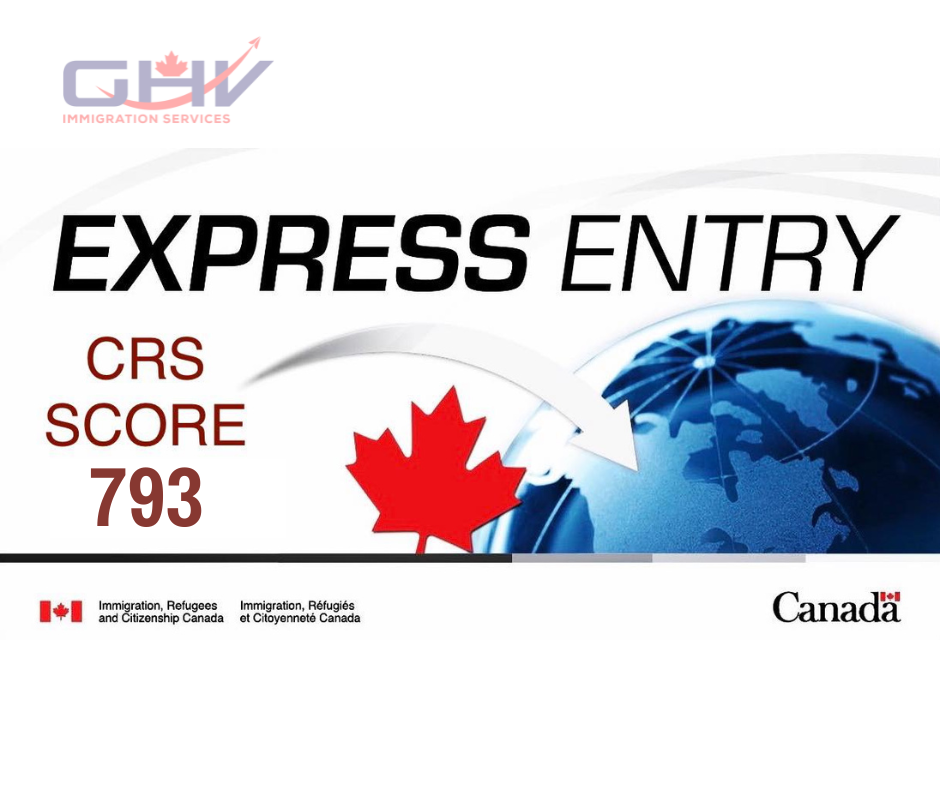Understanding LMIA: A Key Factor in Canadian Work Permits
LMIA, which stands for Labour Market Impact Assessment, is an essential component of the Canadian work permit process. It is a document issued by Employment and Social Development Canada (ESDC) that assesses the impact of hiring a foreign worker on the Canadian labor market.
LMIA ensures that Canadian employers prioritize hiring Canadian citizens or permanent residents before offering a job to a foreign worker. It also aims to protect the rights and wages of Canadian workers by ensuring that the employment of foreign workers does not have a negative impact on the local labor market.
Obtaining an LMIA involves a thorough assessment of the job offer and the employer’s ability to meet certain requirements. The employer must demonstrate that they have made sufficient efforts to hire a Canadian worker for the position but have been unsuccessful in finding a suitable candidate. They must also provide evidence of their ability to fulfill the terms of the job offer, including offering fair wages and working conditions.
Once an employer receives a positive LMIA, it becomes a crucial document for the foreign worker applying for a Canadian work permit. It serves as proof that there is a genuine need for the foreign worker to fill the position and that their employment will not negatively impact the Canadian labor market.
It is important to note that not all work permits require an LMIA. Some categories, such as the International Mobility Program, are exempt from the LMIA requirement. However, for most work permits, especially those under the Temporary Foreign Worker Program, an LMIA is necessary.
LMIA plays a significant role in the Canadian work permit process, ensuring that the employment of foreign workers aligns with the country’s labor market needs while safeguarding the rights and opportunities of Canadian workers.










